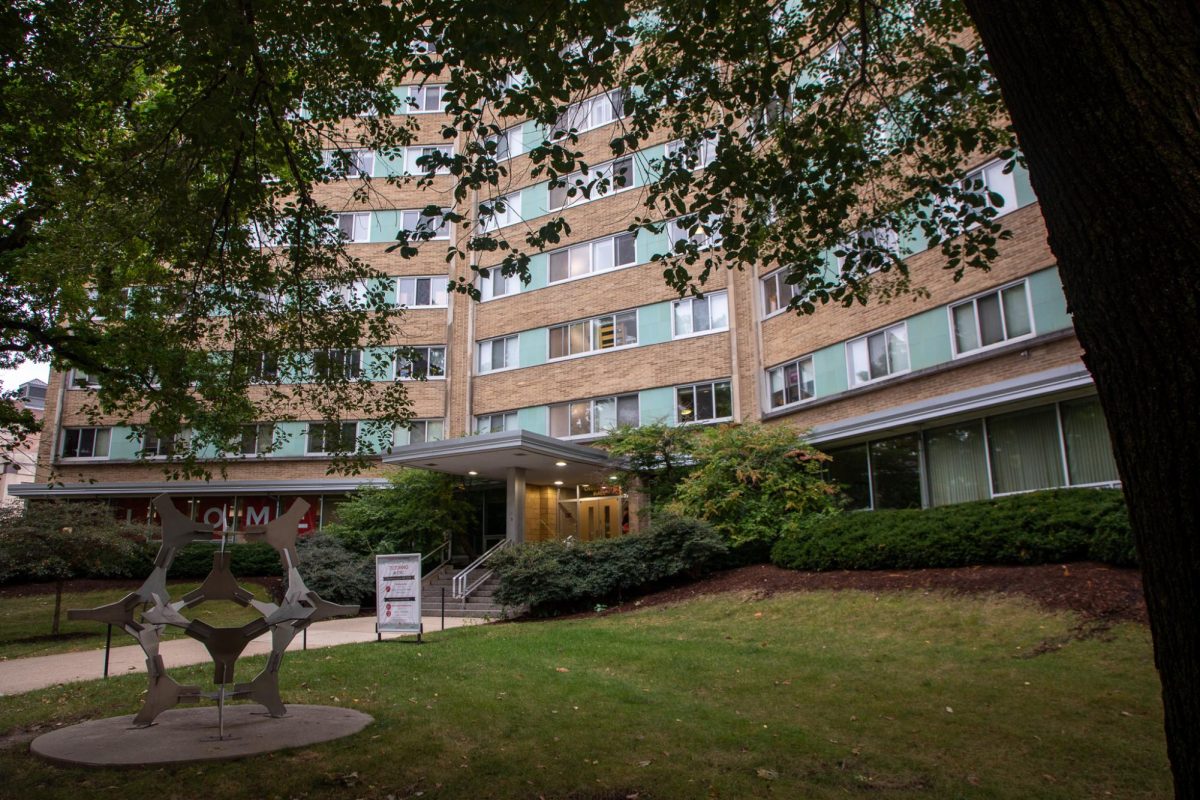
The last major sequence of “Girls” second season is only unrealistic for one reason: Adam, a destitute carpenter who can barely rub together two nickels, apparently has enough cash to pay for the astronomically high fees that come along with keeping someone on FaceTime away from a wireless connection. So much for being the “voice of our generation.”
Other than that, the idea of Adam running to Hannah’s apartment to console her during a moment of despondency and possibly life-threatening mental illness seems pretty likely given his dramatic background. Adam is, as we learned last season, a temperamental actor with the same penchant for theatrics that led Hannah to signing for her e-book advance.
And it was that very moment that made me fear where Lena Dunham’s cultural phenomenon is going next season. If Season One of “Girls” was mostly about the freewheeling, the “relevant” lifestyles of today’s New York City and the excitement attached to them, Season Two ended as a more dramatic reminder of the consequences of pursuing that life. So will Season Three be an all-out dramatic affair, full of more eardrum ruptures, obsessive compulsion and acts critics have described as instances of rape?
Consider how the main characters acted throughout the first season. There was an element of fantasy related to the dream of living in Brooklyn without too many worries; Adam had obvious baggage, but he almost never acted as dangerously as he did throughout the entire second season. The last frame, instead of showing the reuniting of television’s most unstable young couple, simply showed a lonely and stressed Hannah eating a cake on a Coney Island beach.
Dunham has always been at her best when she analyzes issues related to generational distress and the stress of being in her twenties – look no further than the dissolution of Jessa’s marriage with Thomas John, her subsequent decision to flee and Hannah’s ongoing strife with her parents. “Girls” turns away from light-hearted cultural analysis, instead embracing character-focused drama, signaling Dunham has finished the more obvious forms of cultural critique in favor of using the minutiae of each character to make her point. Dunham may be documenting the loss of the post-suburban dream of the stereotypical Brooklyn twenty-something. Adam’s darkness, Hannah’s mental crisis, Ray’s lack of ambition and Jessa’s crisis of hedonism are all tidal changes from the eye-rolling hipsterdom that Dunham captured with the first 10 episodes.
I, like many fans of the show, started watching “Girls” because Lena Dunham had been dubbed – rightfully or not – a spokesperson for people our age. If that’s the case, she seems to be saying that we keep moving in circles that become more depressing as each circuit is completed. Hannah asks parents for money, loses a job, breaks up with Adam, gets a job, gets back with Adam, loses another job, asks her parents for money … repeat.
It continues with the other characters. The only people shown to be happy at the season’s end are Marnie and Charlie, who have professed their love for each other and show a genuine mutual desire to be boring, settle down and live with each other. Jessa couldn’t handle her life anymore, Hannah fell into a spiral because of it and somehow, the only happy person is the seemingly unhappy Marnie because she realizes that being simple is more desirable.
The kind of people who move to Brooklyn like the characters in “Girls” want excitement in their lives. That’s why they move to the capital of Western culture: to pursue a career in a dying industry like publishing. The characters on “Girls” are proof that life is, at its core, boring for everyone. The cycle that Hannah repeats each season is a sign that she and her friends aren’t any more interesting because they left East Lansing or a small Ohio college for the big city. Hannah Horvath is just as boring as her suburban parents and the small town lifestyle she tried to escape, but she’s unwilling to accept it. That’s what’s holding her back.
Watching this season finale with the pressure of graduation and a search for employment hanging around my neck made this even more painfully obvious. With apologies for sounding like one of Hannah’s diary entries, I feel the same drive to succeed on a grand scale, in a big city, disconnected from my hometown.
That isn’t much different from Hannah, my own friends or any of the other millions who watch the show and relate to its characters. The dream of the ’90s might be alive in Portland, but the dream of a life worth boasting about in Brooklyn has died. Lena Dunham killed it this season by showing how draining it can be.
Excuse me, I’ve got to shove some Q-tips in my ears.













